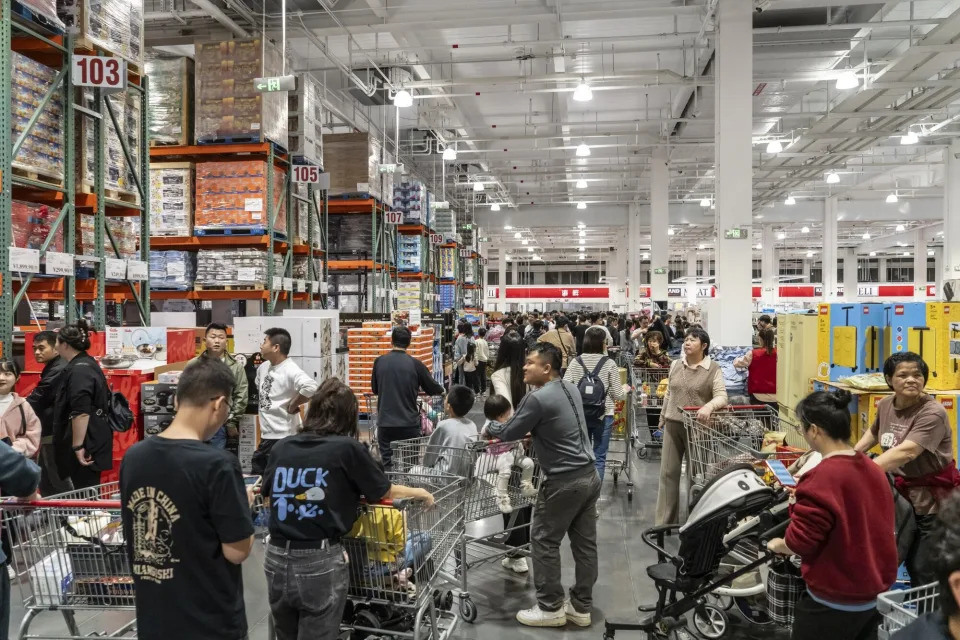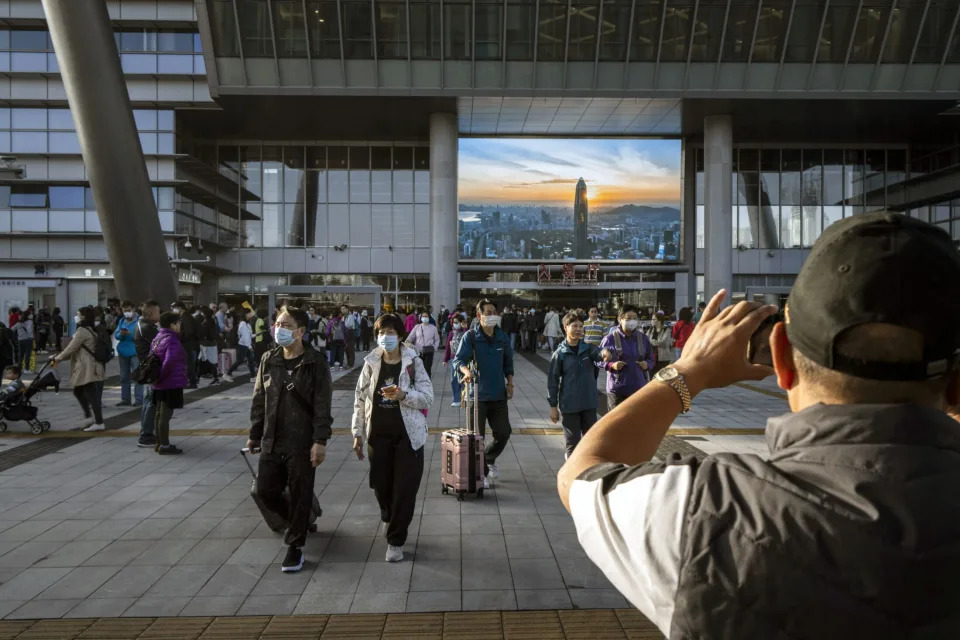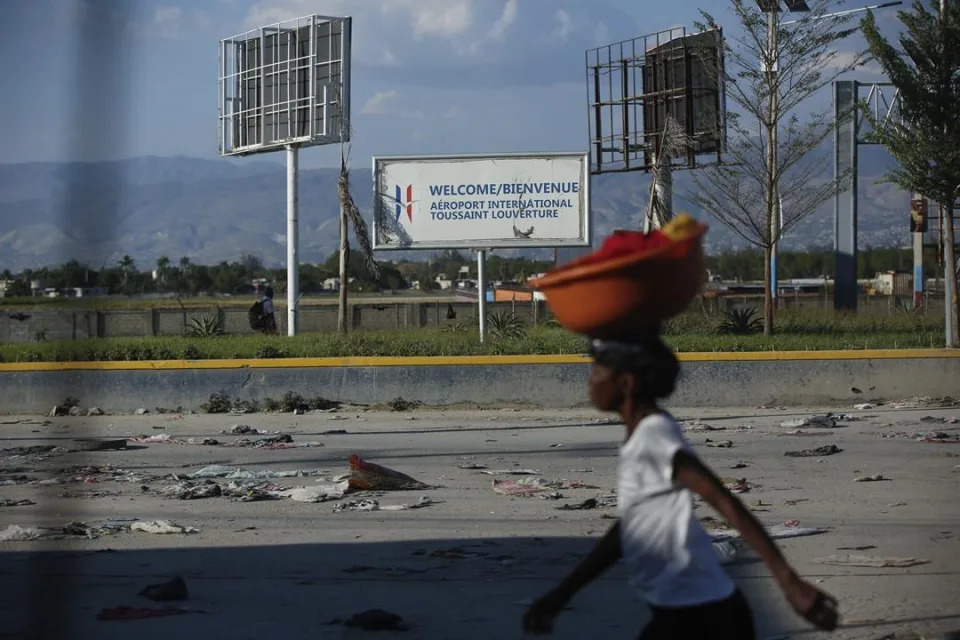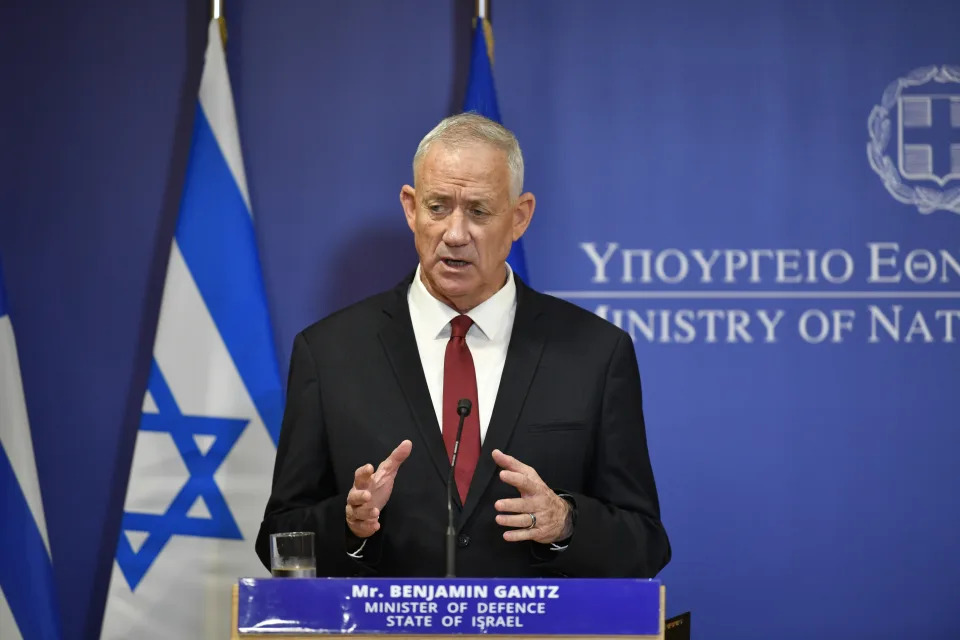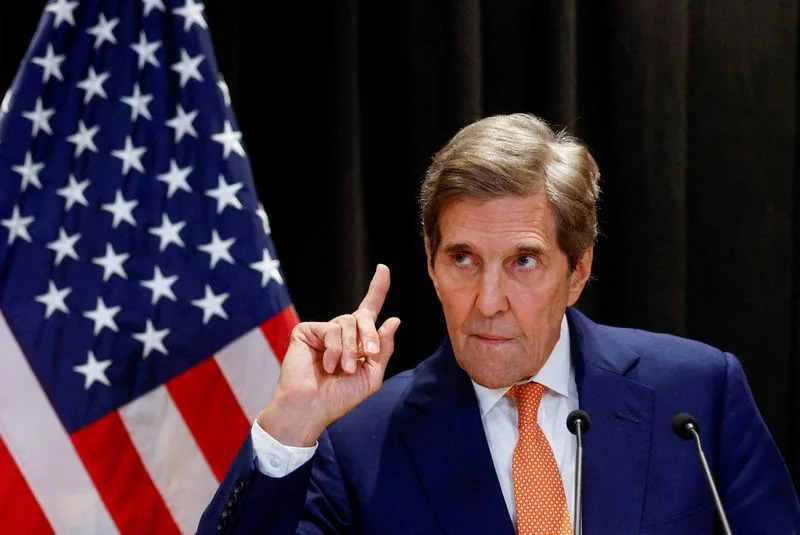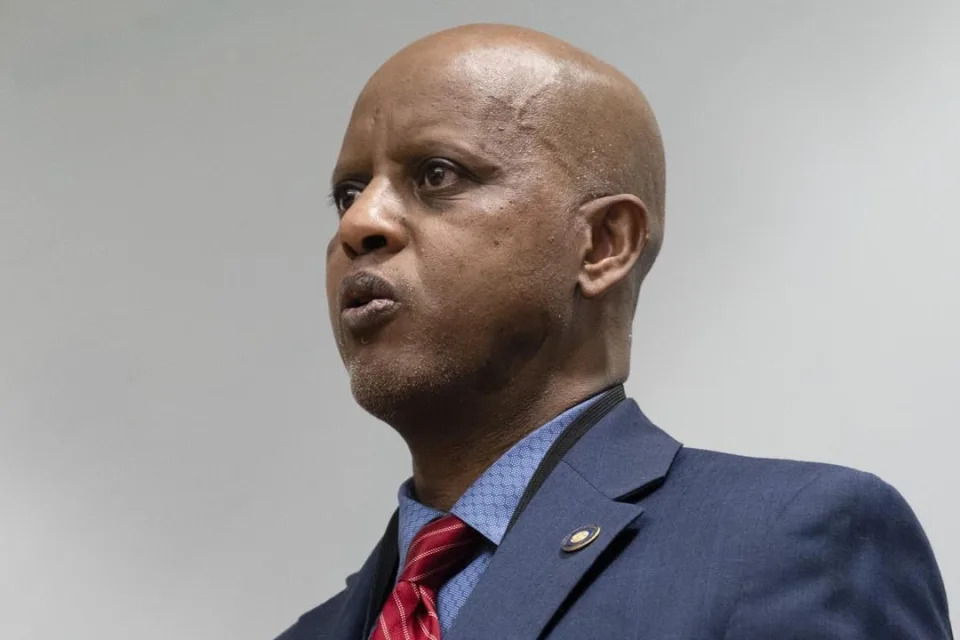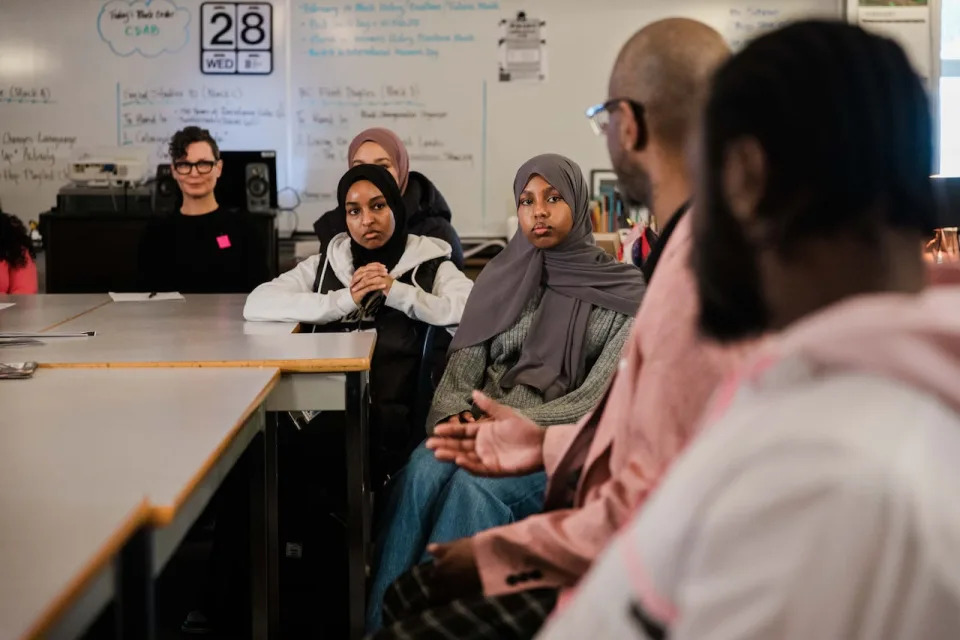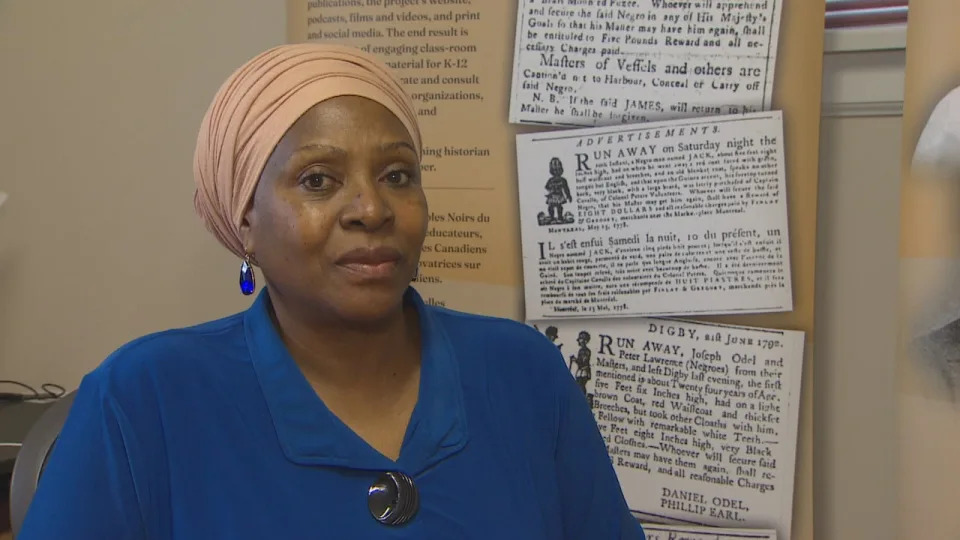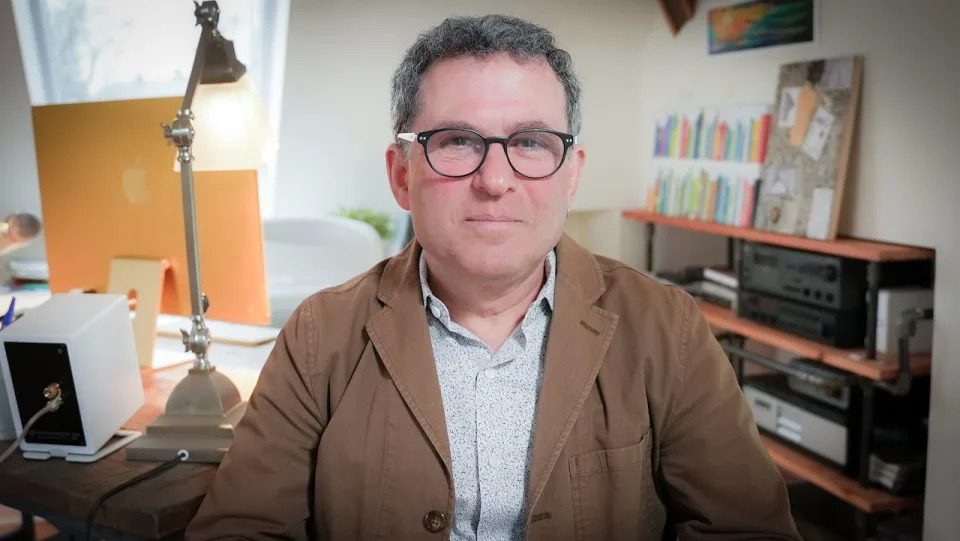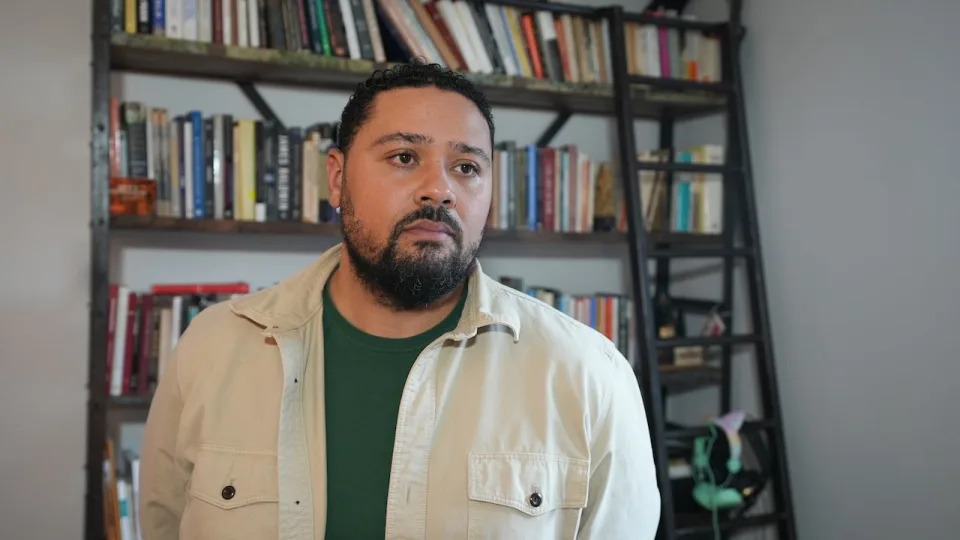Nuray Bulbul and Sian Baldwin
Mon, 4 March 2024

(Pexels)
Swiss nationals have voted in favour of increasing their state pension by an extra month every year.
The nationwide referendum saw Swiss voters take to the ballot box to discuss issues on living standards for the elderly.
Around 60 per cent of the nation voted in favour of providing the additional payout each year, while simultaneously refusing to raise the retirement age from 65 to 66.
At present, the maximum monthly state pension is €2,550 (£2,180; $2,760) but the cost of living in Switzerland has dramatically risen, say campaigners, particularly in cities such as Zurich and Geneva, which are among the priciest places in the world to live.
Health insurance premiums, which are obligatory for everyone in the country, have been rising fast, and older people have reportedly been struggling to pay them.
The proposal to increase pensions came from trade unions in the country – but was opposed by the Swiss government, which labelled the move “unaffordable”.
But voters used their power under Switzerland's system of direct democracy to approve the plan, which gives them the ability to see laws passed in national votes.
In February, it was reported how the British retirement age might have to rise to 71 for middle-aged workers across the UK to deal with the growing life expectancy rates combined with falling birth rates.
The current UK state pension age of 66 is set to rise to 67 between May 2026 and March 2028. From 2044, it is expected to rise to 68.
But research suggested that this may not be enough, and that anyone born after April 1970 may have to work until they are 71 before claiming their pension.
Les Mayhew, associate head of global research at the International Longevity Centre and author of the report State Pension Age and Demographic Change, said: “In the UK, state pension age would need to be 70 or 71 compared with 66 now, to maintain the status quo of the number of workers per state pensioner.
“But if you bring preventable ill health into the equation, that would have to increase even more,” added Mayhew, who is also professor of statistics at Bayes Business School and has advised the Government on rises to the state pension age multiple times as a senior civil servant and in his current roles.
Last April, there were widespread protests in France after a decision was made to raise the state pension age from 62 to 64 by 2030.
More than one million were involved in the rallies, which saw large swathes of the country’s power supply cut, trains cancelled and schools shut.
But what are the highest and lowest pension ages around the world?
What are the highest and lowest pension ages around the world?
In 2019, the latest period for which comparable data is available, the average retirement age in Organisation for Economic Co-operation and Development (Oecd) countries was 64 years. The Oecd is an intergovernmental organisation with 38 member countries, including the US and the UK.
Countries with the highest pension ages
Greece is among the countries with the highest retirement age in the world: 67 for men and women. Workers can claim full pension benefits only if they have contributed to the pension plan for at least 15 years (equivalent to 4,500 working days).
Denmark, Iceland, Israel, and Italy also have retirement ages of 67.
For anyone born in 1960 and later, the US Social Security Administration states that the current retirement age in the US is also 67.
Americans’ retirement age is 66 if they were born between 1943 and 1954, and 66-and-a-half if they were born in 1955. Starting in 1955, the retirement age gradually rises by two months a year until 1959.
The current retirement age in Ireland is 66.
Countries with the lowest pension ages
Only four countries have a state retirement age below 60 years old.
Sri Lanka has one of the lowest pension ages in the world, with workers able to clock off at 55.
Indonesia and Nepal follow closely behind, with retirement ages of 58.
In fourth place is Bangladesh, with a pension age of 59.
What is the current retirement age in the UK?
The current state pension retirement age in the UK is 66.
However, the state pension age is set to rise to 67 between May 2026 and March 2028. From 2044, it is expected to rise to 68.
The government said it would ensure that the state pension remained “a sustainable and fair foundation of income for future generations”.
A spokesperson said: “We have committed £70m in employment and skills support for the over-50s, which has seen an extra 54,000 over-50s added to company payrolls. Our £2.5bn Back to Work plan is supporting people to stay fit and find work, in addition to £14.1bn to improve health services to help people live longer, healthier lives.”
You can keep working after you reach the state pension age in the UK.





